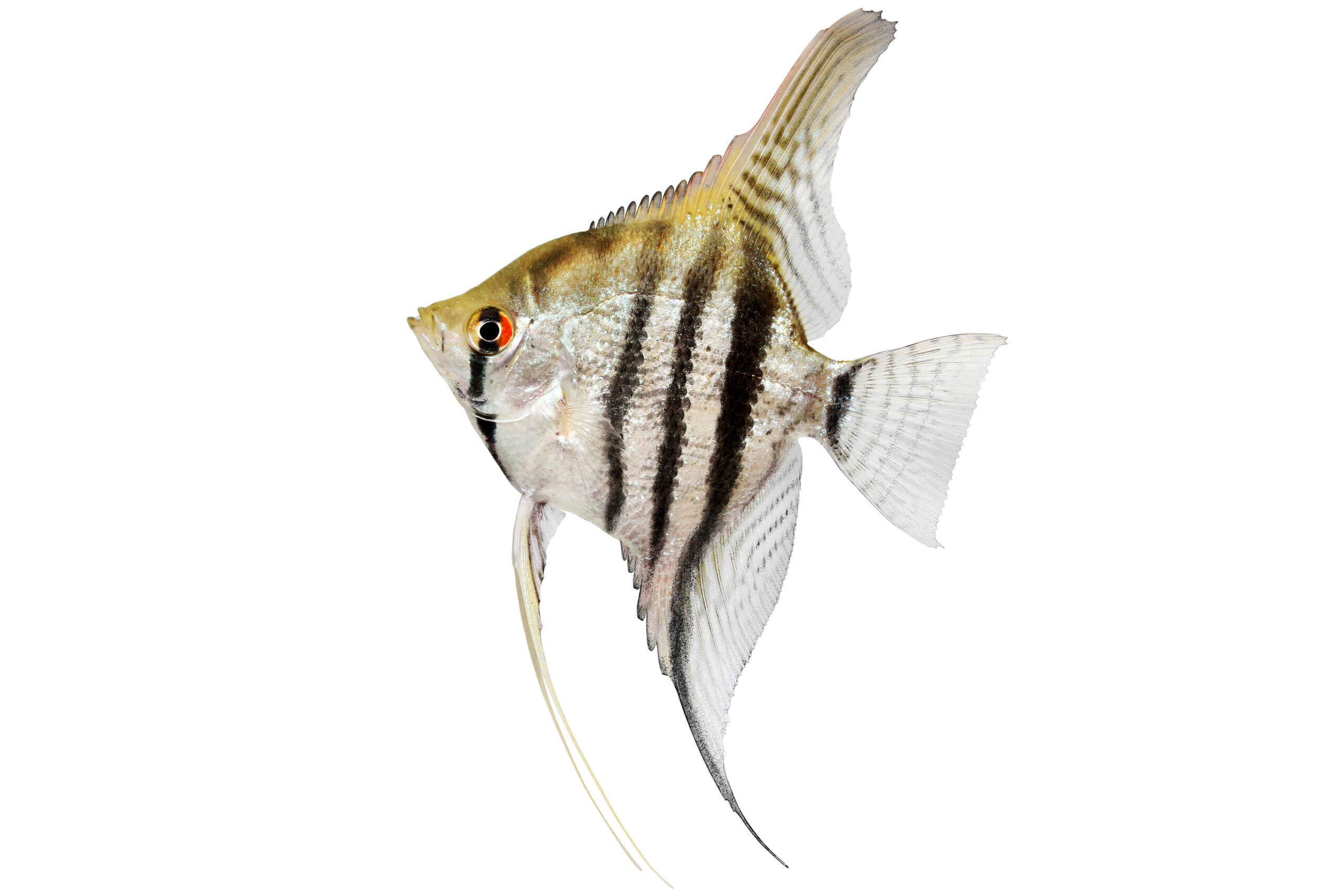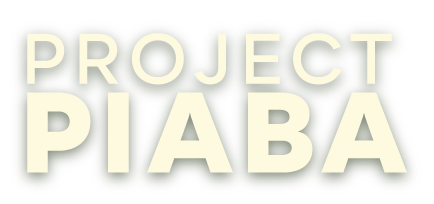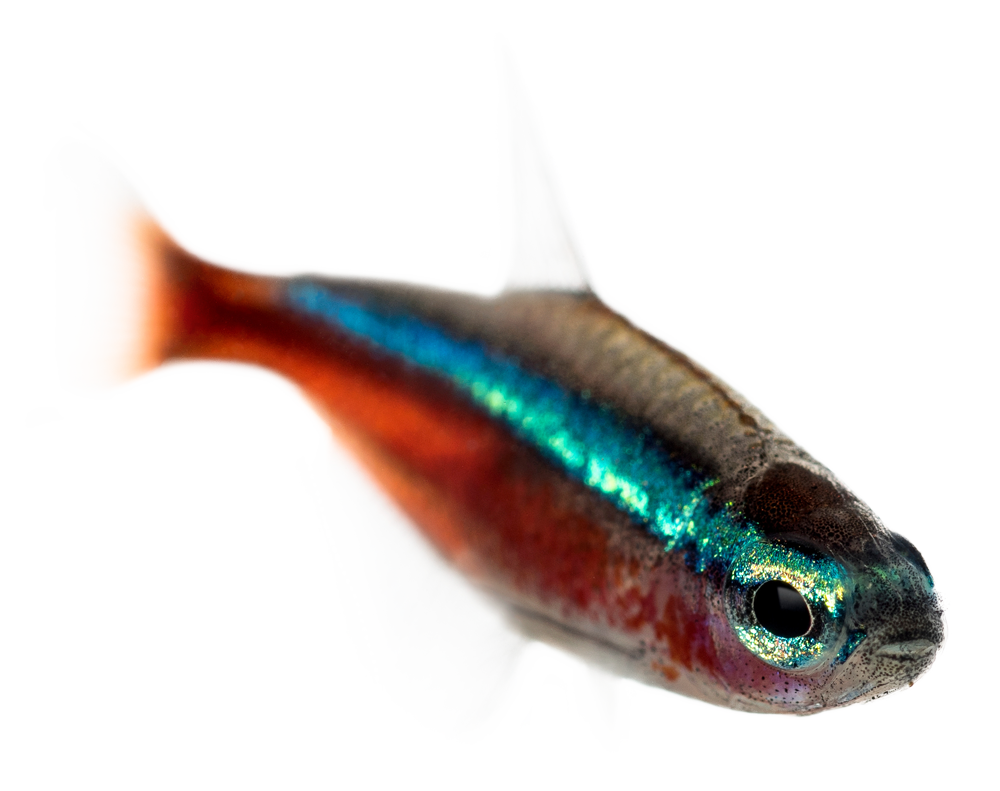Expeditions
Make A Donation
Join Us For The Trip of a Lifetime
Expedition to The Fishery in the Brazilian Amazon
The Field Expedition includes:
-
- 2 weeks on a well-appointed live-aboard boat. Participants will share a room with one other person. Rooms are air-conditioned and include comfortable bunk beds, linens, private in-room bathrooms with toilet and shower, and electrical outlets.
- Visits to biological hotspots in small boats; opportunities to view fish in their wild habitat.
- Visits and opportunities to meet with home aquarium fishing communities.
- Visits to home aquarium fish export facilities.
- Participation in best handing practices training with fishing communities to better the health of exported fish.
- Opportunities to collect, photograph, and release newly legalized species for aquarium export.
- Participation in developing traceability techniques for individual fish through the supply chain.
- Visits to home aquarium fish export facilities.
- Delicious meals prepared by experienced cooks, mineral water, juices, and coffee/tea.
This is one of the most affordable Amazon travel excursions around, and your participation contributes directly to our important conservation work.
Embrace the Adventure of Field Expeditions!
Embarking on an expedition of this nature is a thrilling experience that encourages adaptability and flexibility. As expedition plans evolve based on new discoveries and unforeseen factors like weather and travel challenges, you have the opportunity to embrace the unexpected. By maintaining a positive outlook, finding joy in repetitive tasks, and approaching difficult situations with humor, you’ll truly make the most of your expedition and create unforgettable memories.
Create lasting memories and join us!
Contact Scott Dowd or Jackie Anderson for more information and to reserve your spot for the next expedition!
Scott: SDowd@Projectpiaba.org OR Jackie: JAnderson@projectpiaba.org

Learn More
For more detailed information about our expeditions, what to expect, what to bring, and a general itinerary, click the button below.


